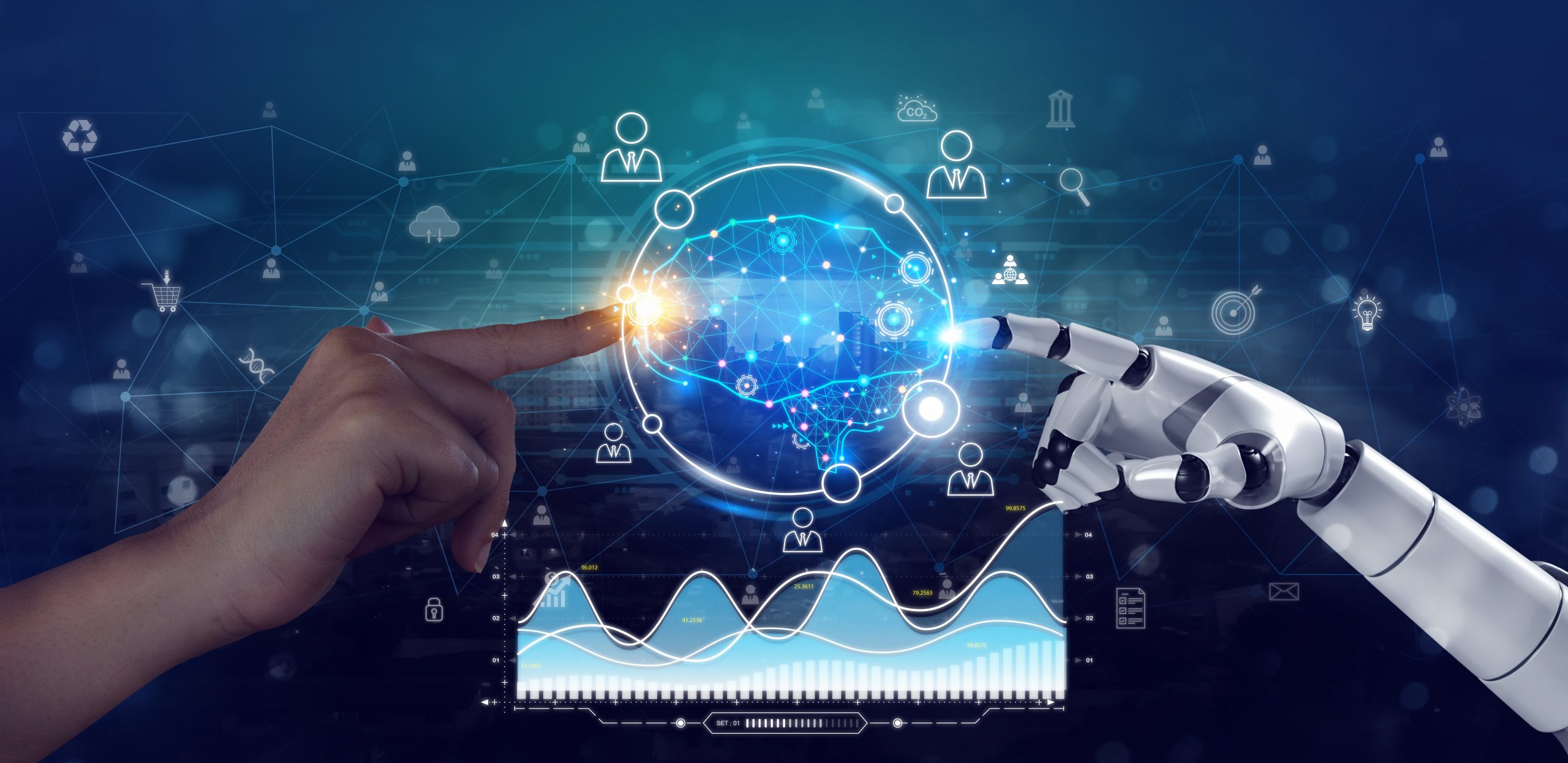
Using AI to 10x Your Leadership Skills
Artificial Intelligence (AI) is rapidly transforming the way businesses operate, making processes more efficient and empowering employees with new tools. The integration of AI into business practices is not just about automating routine tasks but also about enhancing decision-making and creating opportunities for innovation. As AI technology becomes more sophisticated, it offers significant potential to augment human skills and enable more complex and strategic operations.
Enhancing Decision-Making with AI
Decision-making is a crucial aspect of business management, and AI significantly amplifies this capability. AI-driven decision support systems can analyze vast amounts of data quickly and provide insights that would be difficult for humans to gather manually. These systems help identify trends, forecast outcomes, and make recommendations based on predictive analytics, thereby aiding strategic planning and reducing uncertainties in business decisions.
AI in Customer Relationship Management
In the realm of customer relationship management (CRM), AI is a game-changer. AI-powered CRM systems can personalize customer interactions by analyzing past behavior to predict future needs, suggesting targeted marketing actions, and automating responses to customer inquiries. This personalization not only improves customer satisfaction but also increases loyalty and sales. By leveraging AI, businesses can create a more responsive and engaging customer experience.
Optimizing Operations with AI
AI technologies are instrumental in optimizing business operations, enhancing efficiency, and reducing costs. In logistics, for example, AI can optimize routing and delivery schedules, predict maintenance issues, and manage inventory more effectively. AI in supply chain management can forecast demand more accurately, identify potential supply chain disruptions before they occur, and recommend mitigation strategies. These optimizations ensure that businesses can operate more smoothly and respond more agilely to market changes.
AI-Driven Marketing Innovations
The advent of AI in marketing has transformed traditional strategies into dynamic, data-driven campaigns that resonate deeply with target audiences. AI algorithms analyze consumer behavior and social media trends to tailor marketing messages that are likely to engage and convert. This capability allows businesses to optimize their ad spend, enhance content relevance, and achieve higher ROI. Moreover, AI-driven tools can predict customer responses, helping marketers to fine-tune campaigns in real-time.
AI in Talent Management and Human Resources
AI’s influence extends into human resources, revolutionizing how companies attract, hire, and retain talent. AI-driven platforms can sift through thousands of resumes in minutes, identifying candidates who best match the job specifications and organizational culture. Beyond recruitment, AI enhances employee experiences by offering personalized training programs, monitoring job satisfaction, and predicting workforce trends. This proactive approach in HR not only improves efficiency but also fosters a more engaged and productive workforce.
AI and Financial Management
In the financial sector, AI contributes significantly to enhancing accuracy and efficiency. From automating routine transactions to complex financial modeling, AI tools help firms manage their finances with greater precision. AI systems analyze historical data and market conditions to forecast financial outcomes, enabling better budget management and financial planning. They also play a crucial role in detecting and preventing fraud by identifying patterns that may indicate fraudulent activity, thus safeguarding the financial interests of businesses.
Future Trends in AI and Business Skills
As businesses continue to evolve, AI will play an increasingly central role in shaping future trends across various industries. Emerging AI technologies are set to further disrupt the status quo, introducing more advanced forms of machine learning, natural language processing, and robotics. These advancements will likely automate more complex tasks, enhance decision-making, and create new opportunities for innovation. Additionally, as AI becomes more ingrained in daily operations, businesses will need to invest in continuous learning and development to ensure their workforce can effectively collaborate with AI systems. This convergence of human and machine intelligence will forge new business models and redefine competitiveness in the digital age.
Sources:
https://www.entrepreneur.com/leadership/7-ways-you-can-use-ai-to-multiply-your-skills/472737